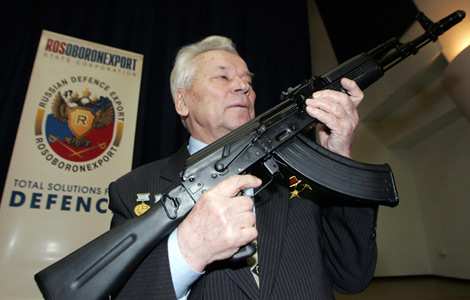
WUHAN - Another big name joined PSA Peugeot Citroen, Honda, Nissan, Kia and Volvo as a Dongfeng Motor Corporation partner last week, when French automaker Renault signed on the dotted line.
Renault sealed a $1.3 billion 50-50 joint venture agreement with China's second largest automaker on Dec 16. This allows Renault to assemble vehicles in China and provides easy access to the world's biggest auto market.
Foreign automakers must have a local partner to make cars in China. The policy was conceived in the hope that Chinese carmakers would absorb foreign technology and management expertise. After three decades, foreign brands dominate the market and Chinese brands are steadily losing ground and the rationale behind the joint-venture policy has come into question.
Foreign passenger cars took 73 percent of the market share from January to October, a small rise of only 0.4 percent from the same period of the previous year, according to the China Association of Automobile Manufacturers (CAAM).
As a late starter, China benefited from joint ventures and enormous profits were made from the sale of foreign branded cars but, according to Jia Xinguang of China Automotive Industry Consulting and Development, that's just half the story.
Zhong Shi, an independent auto analyst, holds the view that joint ventures hinder the development of local brands. If the government does not adjust or abandon the joint venture policy, the prospect for stronger local brands is gloomy, he said.
Easy money, lazy research
Easy money and overdependence on foreign technology mean Chinese automakers have very little interest in research and development, said Jia.
Many Chinese brands use chassis technology and engines of foreign partners, sometimes even outdated technology.
First Automobile Works Group (FAW), the company that made the China's first truck in 1958, relies on foreign products, including the Audi 100, Lincoln Town Car and Toyota Crown Majesta, for the range of FAW vehicles sporting the Red Flag badge, a communist symbol.
FAW has joint ventures with Volkswagen, Toyota and Mazda. It sold 2.6 million automobiles and raked in 370 billion yuan ($60 billion) in 2011. It was ranked 197 on the 2011 Fortune Global 500.
FAW has no shortage of funds, but the National Audit Office revealed in June 2012 that the company had not invested enough in research and development of proprietary models and that its 2008-2010 profits stemmed largely from joint ventures.








